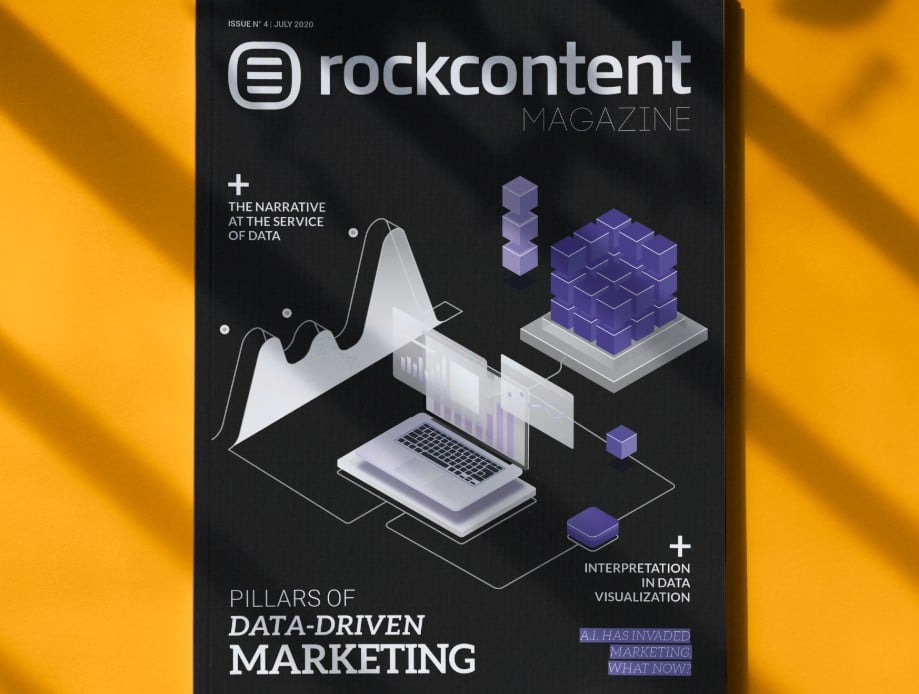Marketing departments have gone through drastic changes as a result of digital migration.
Creative professionals, who once dominated the field, now work side by side with engineers and data scientists. Excel is more widely used than Photoshop, and acronyms such as CTR and ROI dominate the conversation.
The use of data is one of the pillars of Digital Marketing, and, little by little, it has become the most important piece of good planning. The pressure for CMOs to deliver measurable and increasingly efficient results gave us no other option.
Increasingly advanced and valuable tools and techniques were developed.
Today, I can track the exact return of a simple blog post or ad on Google Ads, figuring out the revenue generated. This type of information avoids misplaced investment and increases the efficiency of marketing actions.
Data-oriented marketing is no longer optional or secondary, it is the rule and must be performed well. But, like almost everything in business, it has also become a problem.
When they see a new toy, marketing professionals tend to exploit it until it breaks. And in the case of data, this is represented by two important phenomena.
The first is an obsession with tools and models, which has caused a devaluation of creativity and a detachment from the end-user in marketing. Data are super valuable and essential, but they are only the means to the end: to positively impact the public.
And the only way this can happen is by combining data with creativity. No wonder that one of the most valuable professions on the market is that of a Copywriter, the persuasive writing professional.
The second phenomenon is the indiscriminate collection, use, and sharing of data, without worrying about users’ privacy. Scandals and data leaks have caused laws such as GDPR to be implemented in several countries around the world. The public and the media are already demanding changes, and this will require marketers to adapt when it comes to data use.
Being able to interpret data is no longer enough. It is necessary to be able to transform data into information that serves as a foundation for creating valuable experiences for your audience, always respecting the law, being ethical, and remaining transparent.
To help you with this new world of data marketing, we chose this subject to be the central theme of Rock Content Magazine, the fourth issue.








